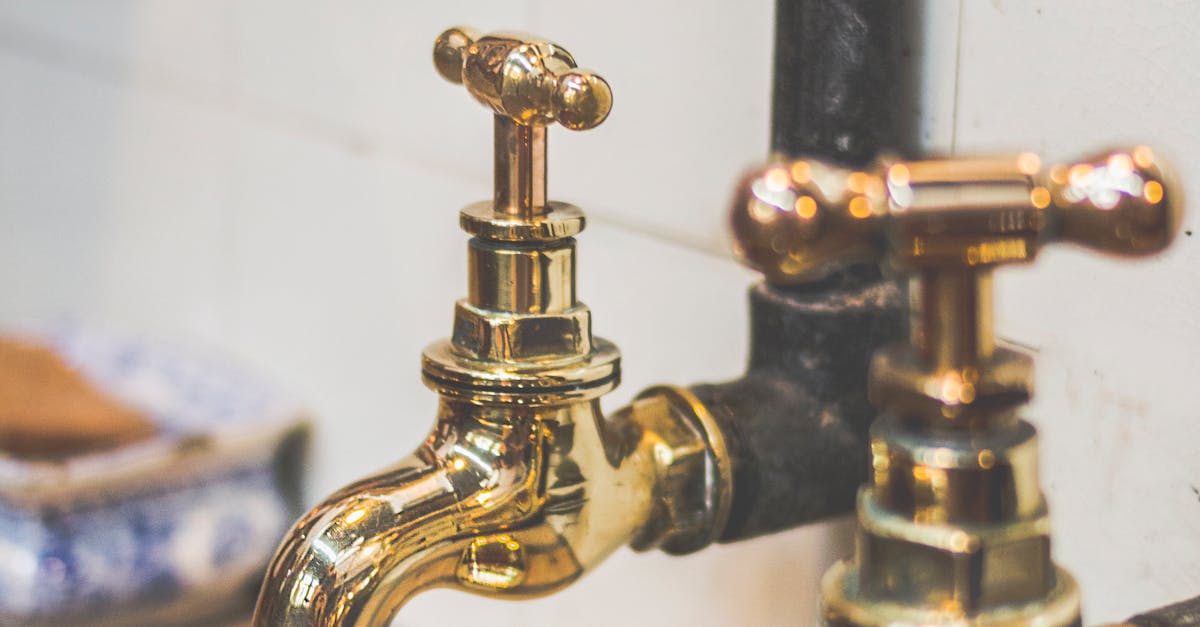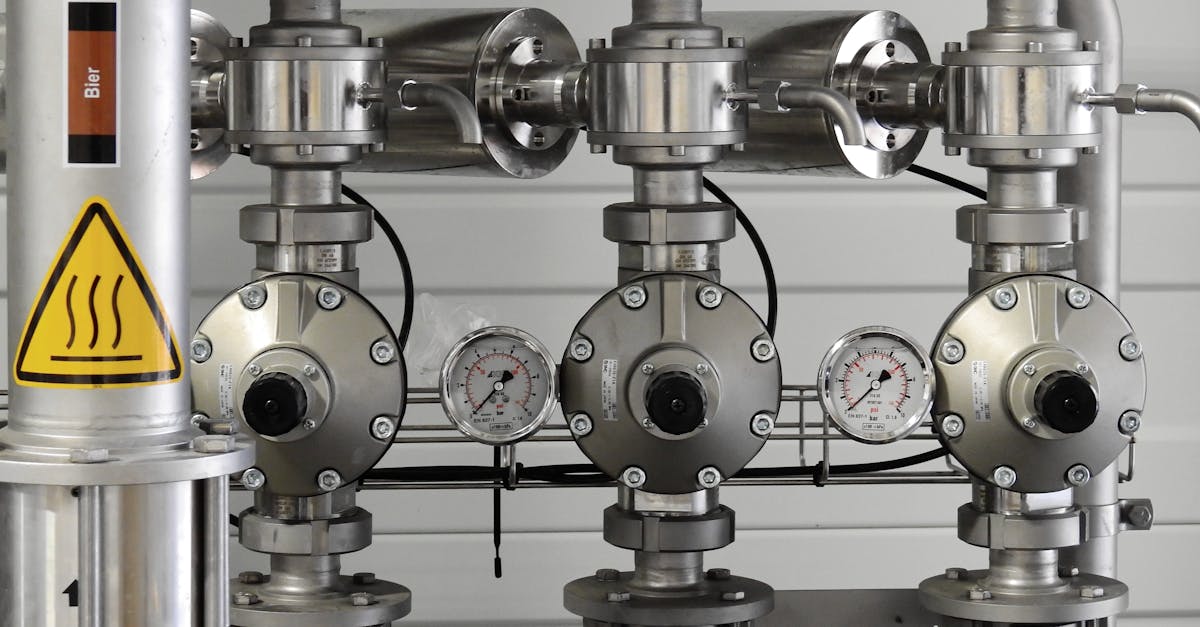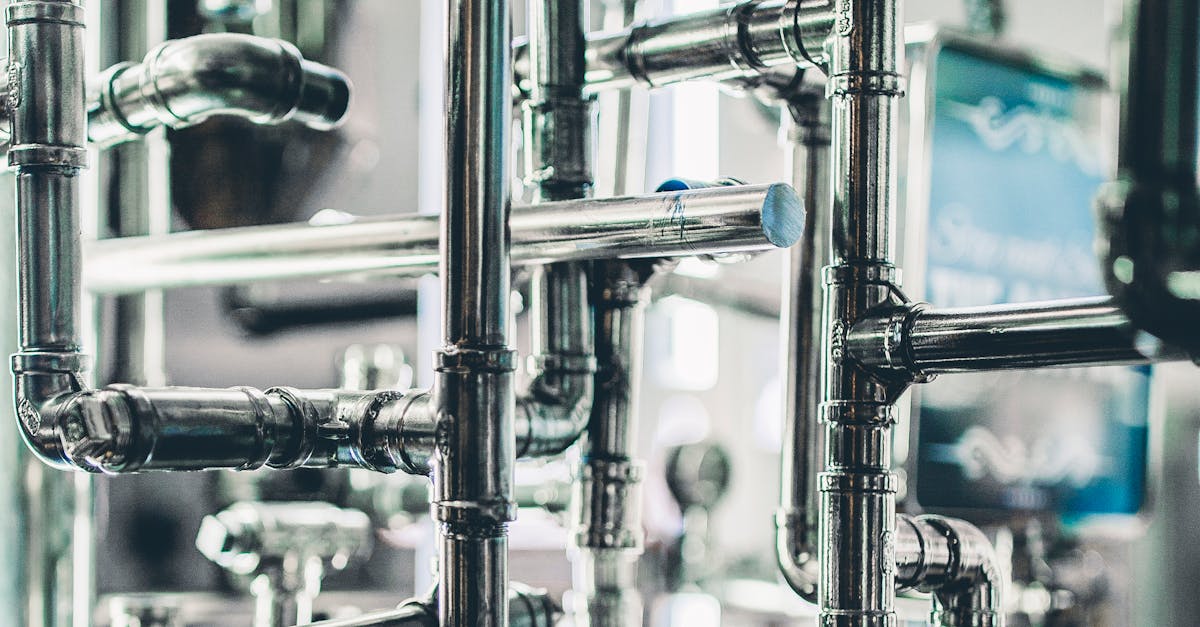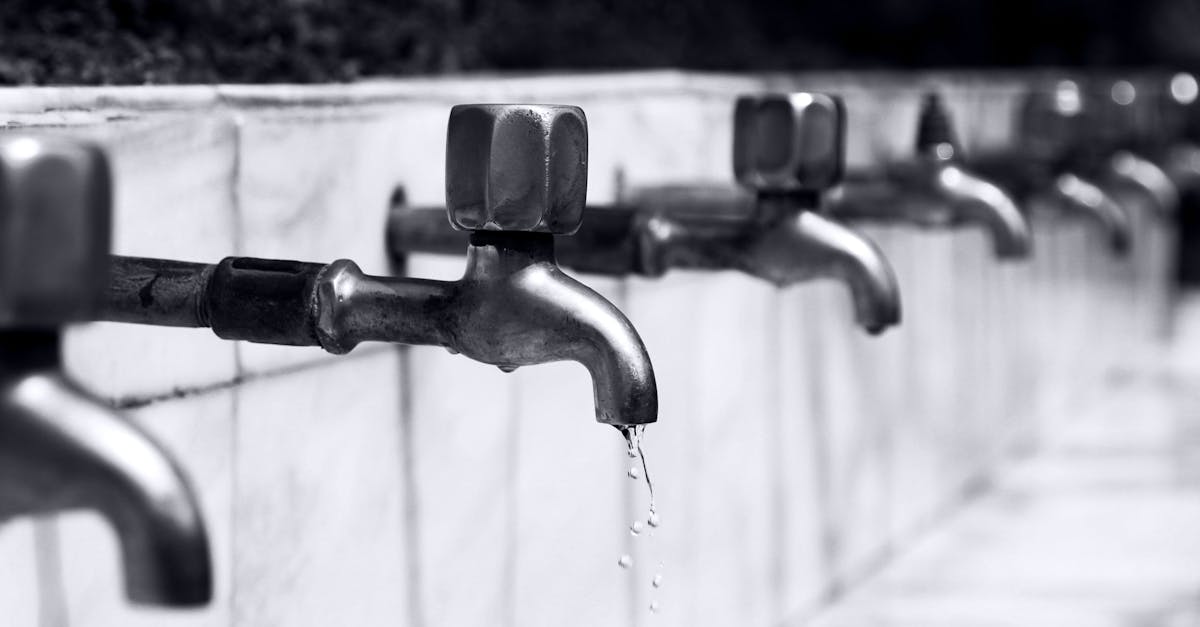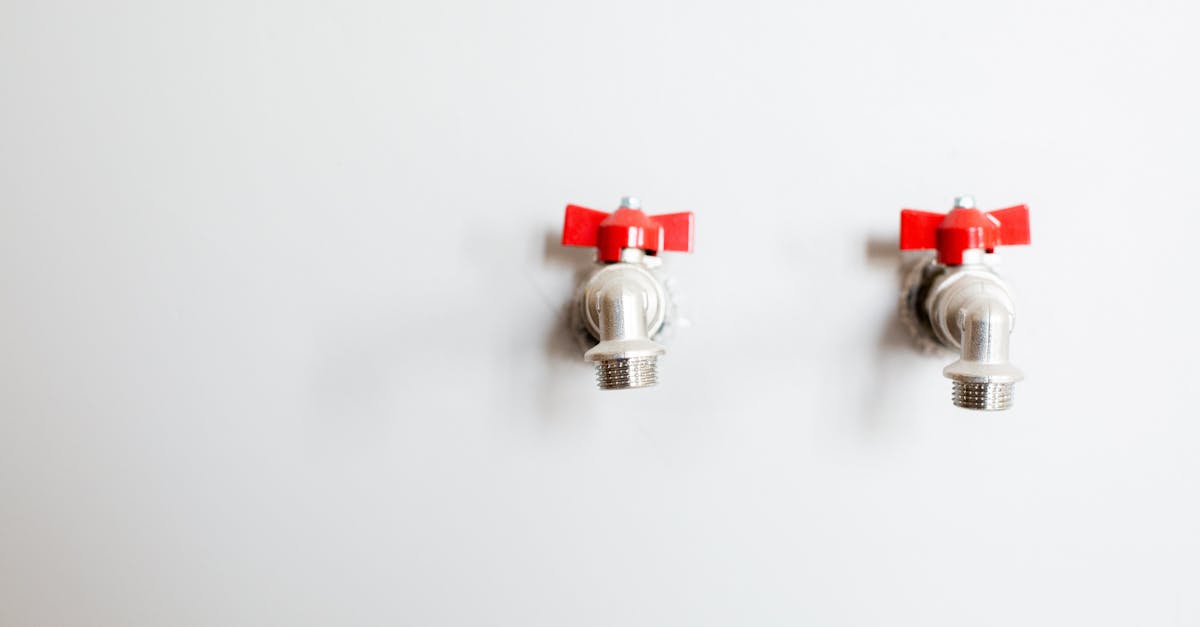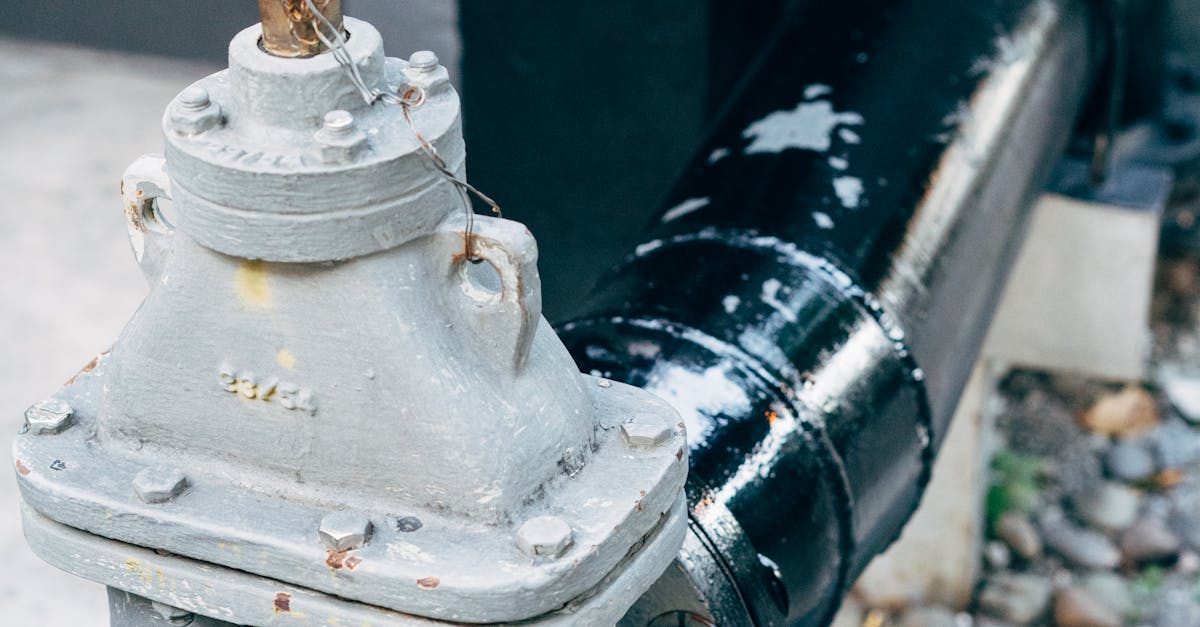
Pipe installation and repair
At Rapidfix Plumbing, we specialise in pipe installation and repair services throughout the local area. Our team of experienced plumbers are skilled in handling all types of pipes, whether it's for a residential or commercial property. From installing new pipes for a renovation project to repairing leaks in existing ones, we have you covered. We use the latest techniques and high-quality materials to ensure that your pipes are fixed quickly and effectively. Our goal is to provide a fast and reliable service that you can trust, so you can rest assured that your plumbing needs are in good hands with rapidfixplumbing.
Professional Assistance Benefits
Professional assistance from a skilled plumber can provide numerous benefits when it comes to pipe installation and repair. These professionals have the expertise and tools to handle a wide range of plumbing issues efficiently and effectively. Whether it involves repairing a leak, installing a new radiator, or fixing a problematic tap, a plumber's knowledge and experience can ensure that the job is done to a high standard. Additionally, relying on a professional can help prevent potential water supply disruptions and costly water damage in the future.
Moreover, the expertise of a plumber can be particularly valuable when dealing with more complex plumbing systems, such as those found in bathrooms or kitchens. From ensuring proper water pressure in showers to addressing drainage issues in bathtubs, a skilled plumber can diagnose problems accurately and provide long-lasting solutions. By entrusting pipe installation and repair tasks to a professional, homeowners can have peace of mind knowing that their plumbing systems are in good hands and will function effectively for years to come.
Pipe Maintenance Tips for Homeowners
When it comes to maintaining your home's plumbing system, there are some essential tips that every homeowner should keep in mind. First and foremost, regular inspections of your pipes can help detect any potential issues early on. Checking for leaks, corrosion, or signs of damage can save you from costly repairs in the future. Additionally, handling frozen pipes during the colder months is crucial to prevent cracking and bursting. Applying gentle heat using a hairdryer or towels soaked in warm water can help thaw frozen pipes safely.
In terms of specific pipe materials, plastic pipes such as PVC are popular for their durability and resistance to corrosion. However, copper pipes are known for their longevity and ability to withstand high temperatures. Understanding the differences between these materials can help you make informed decisions when it comes to repairs or replacements in your home. Implementing these maintenance tips can help you ensure a reliable and efficient plumbing system for years to come.
Regular Inspections
Regular inspections are essential for maintaining the integrity of your home's plumbing system. It is recommended to inspect pipes for any signs of damage, such as cracks, leaks, or corrosion. Look out for water stains on walls or ceilings, as they may indicate a hidden water leak. Additionally, check for mould or mildew around pipes, which can be a sign of excess moisture and potential plumbing issues.
During inspections, pay attention to the condition of fittings and clamps to ensure they are secure and leak-free. Inspect pipes in cold areas of your home to prevent freezing in winter months. Insulating exposed pipes with lagging can help protect them from freezing and potentially bursting. Also, inspect and maintain hot water cylinders, mixer taps, and other plumbing fixtures regularly to ensure they are functioning correctly and efficiently. Regular inspections can help identify issues early on, saving you from costly repairs down the line.
Handling Frozen Pipes
When temperatures plummet, one common issue homeowners face is dealing with frozen pipes. Frozen pipes can lead to potential bursts, causing water damage and costly repairs. To tackle this problem, it's crucial to act promptly when you suspect a pipe has frozen. One way to deal with frozen pipes is by applying gentle heat to the affected area. This can be done using a hairdryer, heating pad, or towels soaked in hot water. It is important to never use an open flame to thaw pipes, as this can lead to a fire hazard.
Another method to unfreeze pipes is to keep the faucet open and allow water to flow through. Running water helps to melt the ice buildup and relieve pressure within the pipes. Additionally, insulating pipes in unheated areas of the house can prevent freezing in the future. By taking these proactive measures, homeowners can protect their plumbing system from the damaging effects of frozen pipes.
Environmental Impact of Pipe Materials
There is a growing awareness among homeowners and construction professionals regarding the environmental impact of pipe materials. The choice of pipe material can significantly influence the carbon footprint of a building, as well as its longevity and maintenance requirements. One of the commonly used materials, galvanized steel pipes, has been known to corrode over time, leading to potential leaks and contamination of soil and water sources.
On the other hand, modern pipe materials such as plastic pipes offer a more sustainable alternative. Plastic pipes are lightweight, resistant to corrosion, and have a smooth interior surface that improves flow rates and reduces the risk of blockages. Plastic pipes are also easier to install and maintain compared to traditional materials like copper or galvanized steel. By choosing environmentally friendly pipe materials, homeowners and contractors can contribute to reducing their carbon footprint and promoting sustainability in construction practices.
Plastic Pipes vs Copper Pipes
When it comes to the choice between plastic pipes and copper pipes for your plumbing system, several factors need to be considered. Plastic pipes, such as PVC or PEX, are lightweight and easier to install, making them a favourite among DIY enthusiasts. They are also corrosion-resistant, which can be beneficial in areas with hard water. On the other hand, copper pipes are durable and have a long lifespan, often lasting up to 50 years or more. They are also recyclable, making them a greener option for environmentally-conscious homeowners.
One significant difference between plastic and copper pipes is their cost. Plastic pipes are generally more cost-effective than copper pipes, which can make them a preferred choice for budget-conscious projects. However, copper pipes have the advantage of being more resistant to extreme temperatures, making them suitable for both hot and cold water applications. The decision between plastic and copper pipes ultimately depends on the specific requirements of the plumbing project, budget constraints, and long-term goals for the property.
FAQS
What are the benefits of hiring professional assistance for pipe installation and repair?
Professional assistance ensures proper installation, reduces the risk of leaks and damage, and saves time and effort for homeowners.
How can homeowners maintain their pipes effectively?
Homeowners can maintain their pipes by conducting regular inspections, avoiding clogs, monitoring water pressure, and addressing any issues promptly.
Why are regular inspections important for pipes?
Regular inspections help in identifying potential problems early, preventing costly repairs, and ensuring the longevity of the pipes in the home.
How should frozen pipes be handled?
When dealing with frozen pipes, it is important to thaw them carefully using methods like heating pads or hair dryers to prevent bursting and damage to the pipes.
What is the environmental impact of different pipe materials like plastic and copper?
Plastic pipes are generally more environmentally friendly as they require less energy to manufacture and transport compared to copper pipes, which have a higher carbon footprint.
What are the key differences between plastic pipes and copper pipes?
Plastic pipes are lightweight, easy to install, resistant to corrosion, and cost-effective, whereas copper pipes are durable, have a longer lifespan, and are recyclable.
